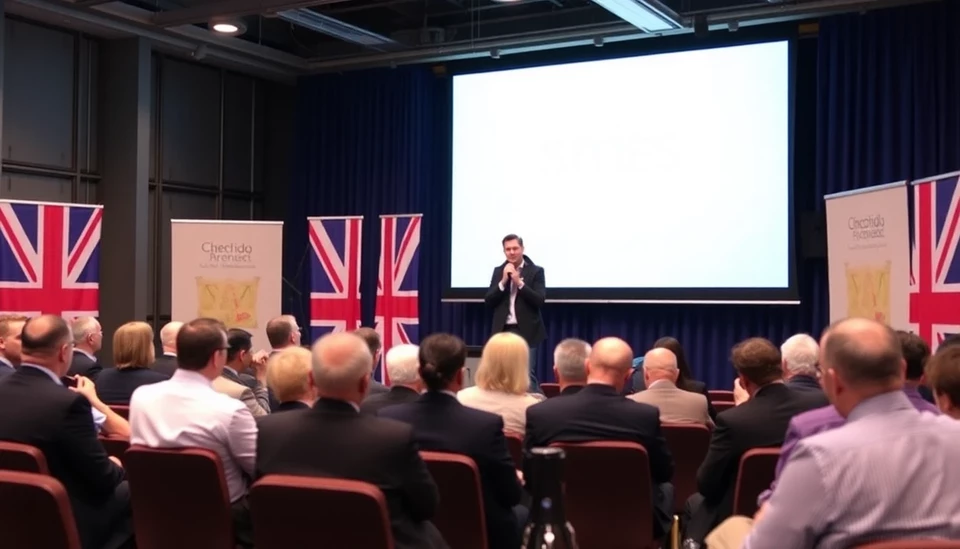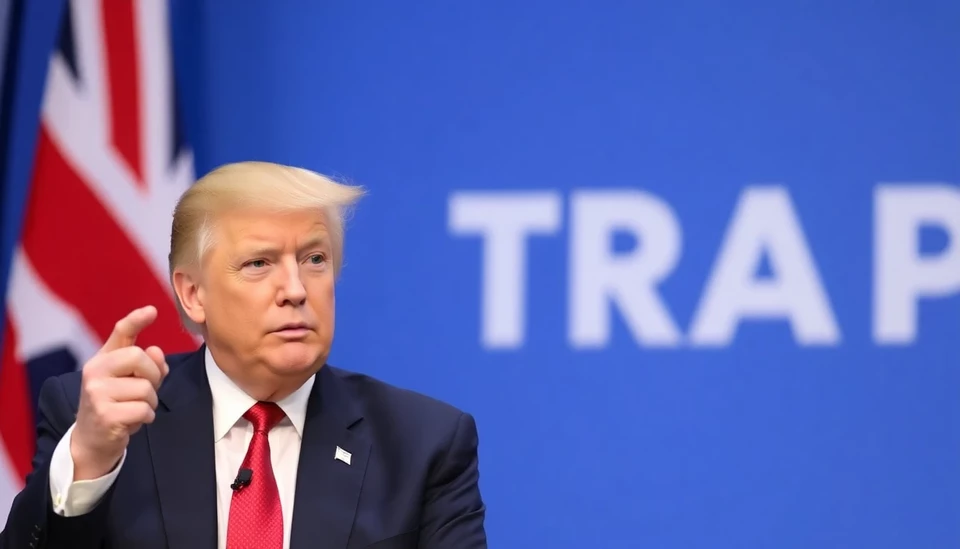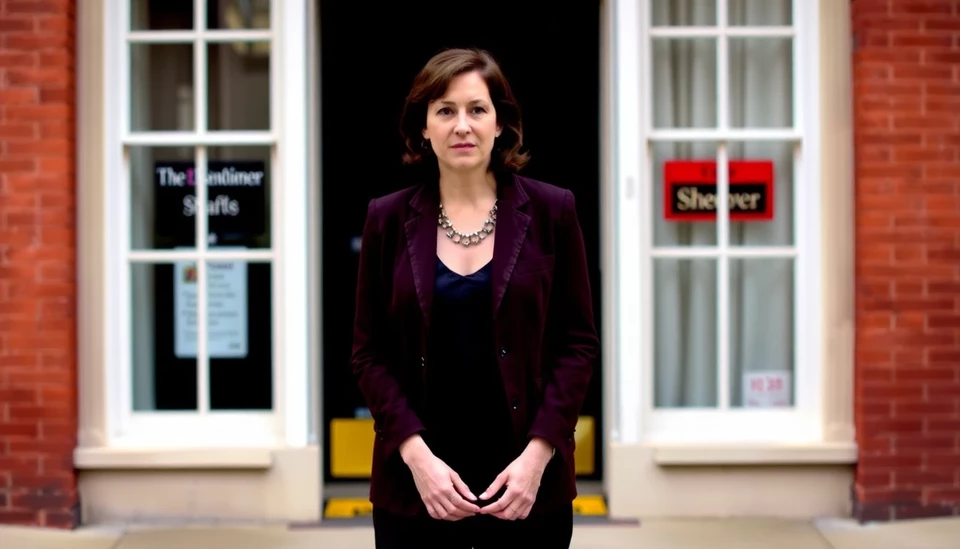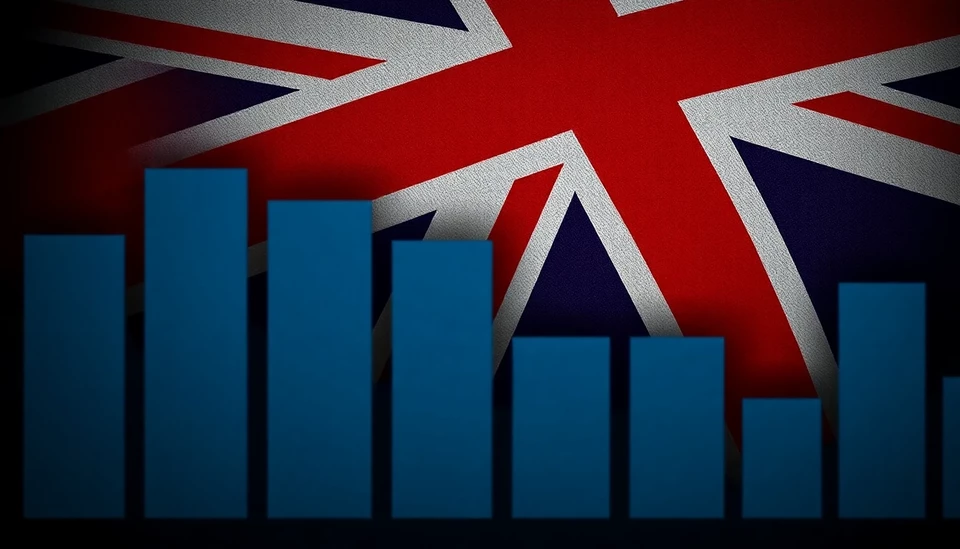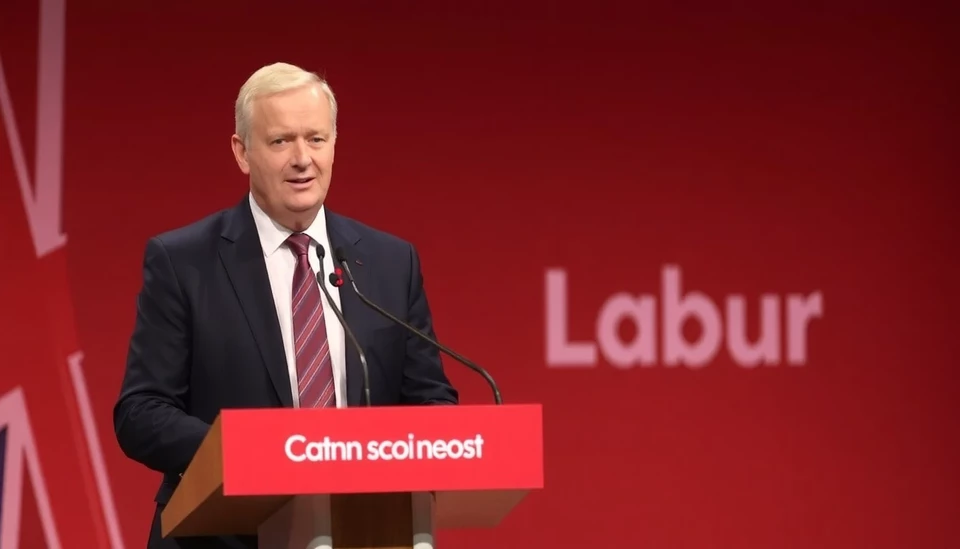
Since the turn of the new year, the UK Labour Party has been grappling with a barrage of negative economic data, presenting challenges that could reshape political landscapes ahead of the upcoming elections. Reports published in January have flagged rising inflation, disappointing employment figures, and stagnant wage growth, leaving officials to question the sustainability of the current economic recovery.
Data released by the Office for National Statistics has indicated that inflation rates remain stubbornly high, continuing to impact household finances and consumer sentiment. The Consumer Prices Index (CPI) showed a slight uptick, prompting fears that the cost of living crisis may not be receding as hoped. Labour leaders are advocating for urgent measures to alleviate the financial burden on families, as constituents express growing dissatisfaction over economic policies and living standards.
On the employment front, recent statistics are equally troubling. The number of people in work has stagnated, with some sectors witnessing steep declines in hiring. Key industries, such as hospitality and manufacturing, reported fewer job openings, and the unemployment rate showed little sign of improvement. Labour officials are emphasizing the need for job creation initiatives, especially in areas heavily impacted by economic downturns.
Wage growth, a critical component in combating inflation, has likewise been lackluster. Many workers are experiencing real wage declines, stoking public frustration and potentially reducing support for the governing party as election season approaches. Labour's leadership has called for a comprehensive strategy to boost wages and support workers, positioning themselves as champions of economic renewal and job security.
The government has countered claims of economic failure, citing investments and policy initiatives designed to stimulate growth. However, critics argue that these measures have not yielded tangible results, raising doubts about the current administration's capacity to manage the economy effectively. As public opinion begins to sway, Labour faces the dual challenge of addressing citizen concerns while constructing a robust alternative platform.
Political analysts have pointed to the potential repercussions of the ongoing economic turmoil on the Labour Party's electoral prospects. While the party has historically aligned itself with working-class interests, the recent data suggests they may need to refine their messaging to resonate with a population plagued by economic uncertainty. Strategic maneuvering and clear communication regarding policy proposals could be critical in swaying undecided voters.
Internal debates within the Labour Party reflect the urgency of these issues, as policymakers assess viable pathways to challenge the current government narrative. As they prepare for a pivotal election cycle, the party's ability to navigate these economic challenges will likely define their success or failure on the campaign trail.
In a landscape fraught with economic alarm bells, the Labour Party must act decisively if it hopes to convert dissatisfaction into electoral enthusiasm. The coming weeks will be pivotal as both the government and opposition recalibrate their strategies in response to an economic narrative that appears far from favorable.
As the political climate shifts and the economic picture becomes clearer, stakeholders and citizens alike will be watching closely, each hoping for a swift resolution to the economic malaise affecting the nation's future.
#LabourParty #UKEconomy #Inflation #Employment #WageGrowth #CostOfLiving #Elections2025 #EconomicChallenges
Author: Daniel Foster
